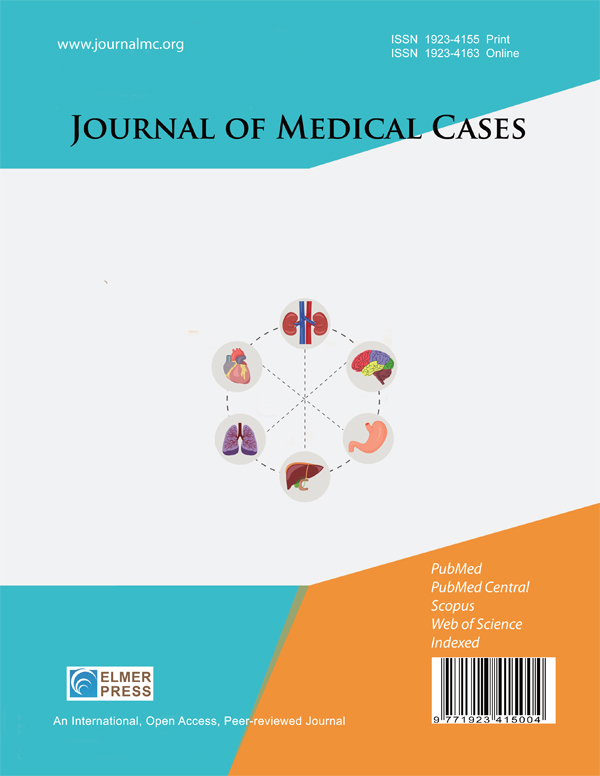Hemophagocytic Lymphohistiocytosis After Treatment With Checkpoint Inhibitor Therapy
DOI:
https://doi.org/10.14740/jmc4318Keywords:
HLH, Checkpoint inhibitor, CancerAbstract
Hemophagocytic lymphohistiocytosis (HLH) is a rare hematological syndrome presenting with massive, dysregulated cytokine release that can result in multiple organ failure and is associated with a high risk of mortality. Based on the recent North American consortium recommendations, it has been suggested to categorize HLH into two entities, HLH syndrome and HLH disease. HLH disease encompasses multiple subgroups, including familial HLH (F-HLH), HLH-associated immune compromise (IC-HLH) and HLH observed after immune activating therapies. The diagnosis can be quite challenging, and the pathophysiology leading to HLH disease has yet to be fully elucidated. Much less is known about HLH that occurs due to treatment with immunotherapy such as immune checkpoint inhibitors (ICIs). Herein, the authors report a case of a 71-year-old man who was treated with a combination of nivolumab and ipilimumab for bladder cancer. He later presented with mental status changes and pancytopenia, ultimately meeting the diagnostic criteria for HLH syndrome.

Published
Issue
Section
License
Copyright (c) 2024 The authors

This work is licensed under a Creative Commons Attribution-NonCommercial 4.0 International License.









